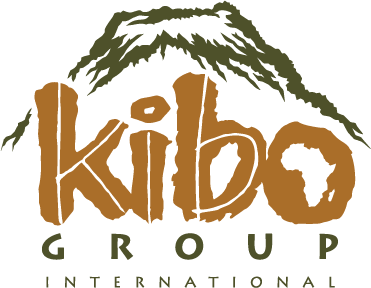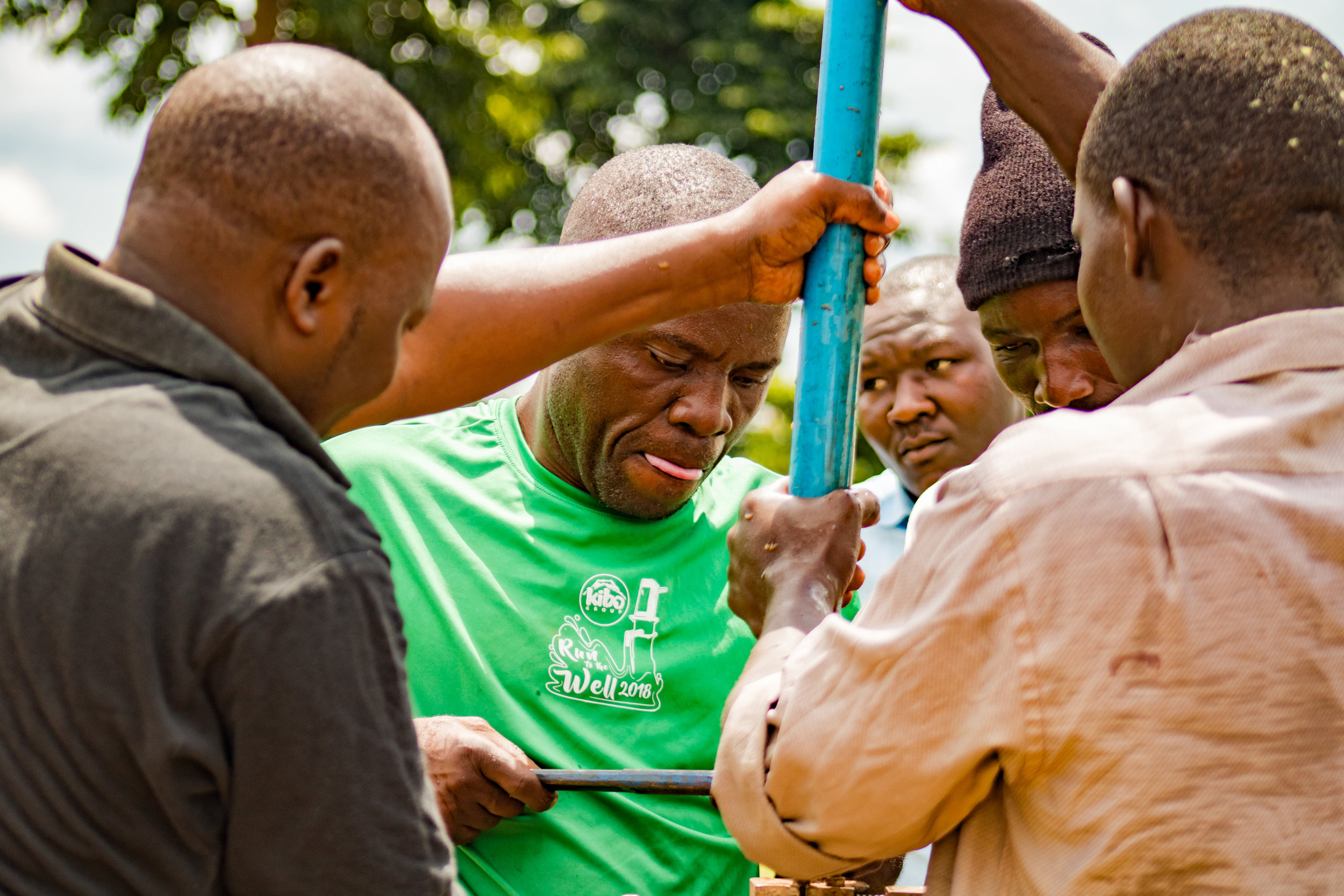BY THE NUMBERS: Repairing a borehole
Scores of water wells in the developing world are defunct. The government agencies and internationally funded NGOs that drill the boreholes sometimes spend a fortune on wells that soon break or fall into disuse because locals feel no ownership over the wells and do not possess the tools to maintain them.
When Kibo's Water, Hygiene and Sanitation (WASH) staff members work with a community to dig or repair a well, they begin with a conversation. By asking questions, empowering locals and requiring community members to invest their own resources, Kibo helps the community create something long-lasting that helps the whole community flourish.
Last week, Kibo staff members Steven Kambale and David Balimunsi arrived in Maliga village with a government mechanic to investigate a well that broke almost a year ago. A crowd soon gathered as Steven and David helped take apart the well one pipe at a time. One by one, nine pipes rose high into the air to be examined on the ground for cracks and faulty parts.
Steven and David estimated that the repairs will cost 6.5 million Ugandan shillings, or $1,430. The reason for the high cost is that the previous builders installed plastic pipes in 2015, which break readily and leak easily. In this instance, a contaminant seeped into the pipes, causing the water to turn yellow and become hazardous to community members’ health. All the components will have to be replaced. Kibo prefers stainless steel pipes, which are much more effective, but they can cost 270,000 Ugandan shillings per pipe, which is roughly $70. Despite the higher costs, wells made with stainless steel pipes last much longer than their plastic counterparts, sometimes as long as 20 years with minimal repairs. Repairs to the bearings or the chain, which are by far the most common, can be as cheap as 30,000 shillings, or $8.
While 6.5 million shillings, or $1,430, is an exorbitant cost to the people of Maliga, it pales in comparison to drilling an original well, which can cost $38 million shillings, or $10,000. Repairing a broken well is often an economical way to help a community secure clean water without the cost of drilling.
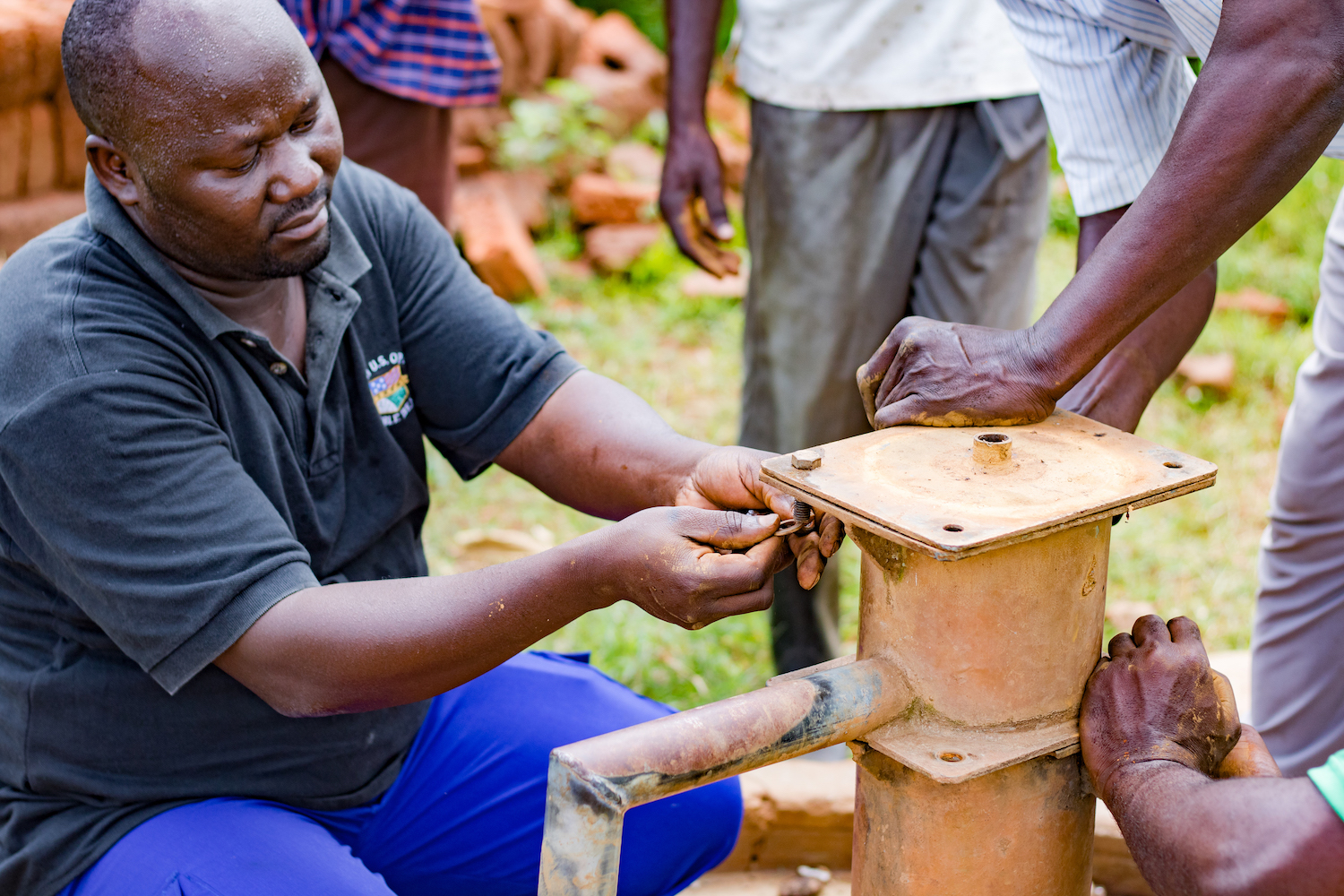
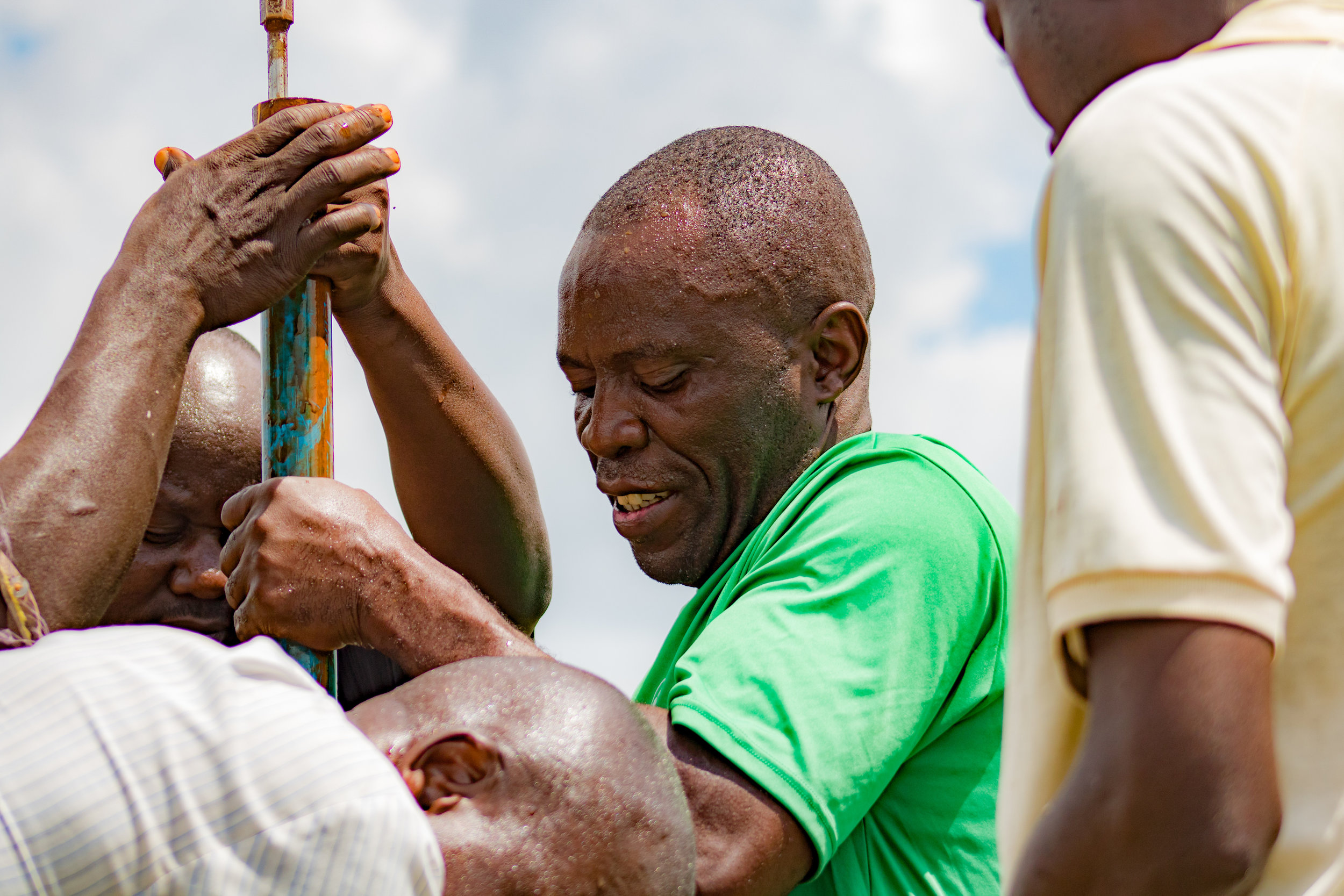
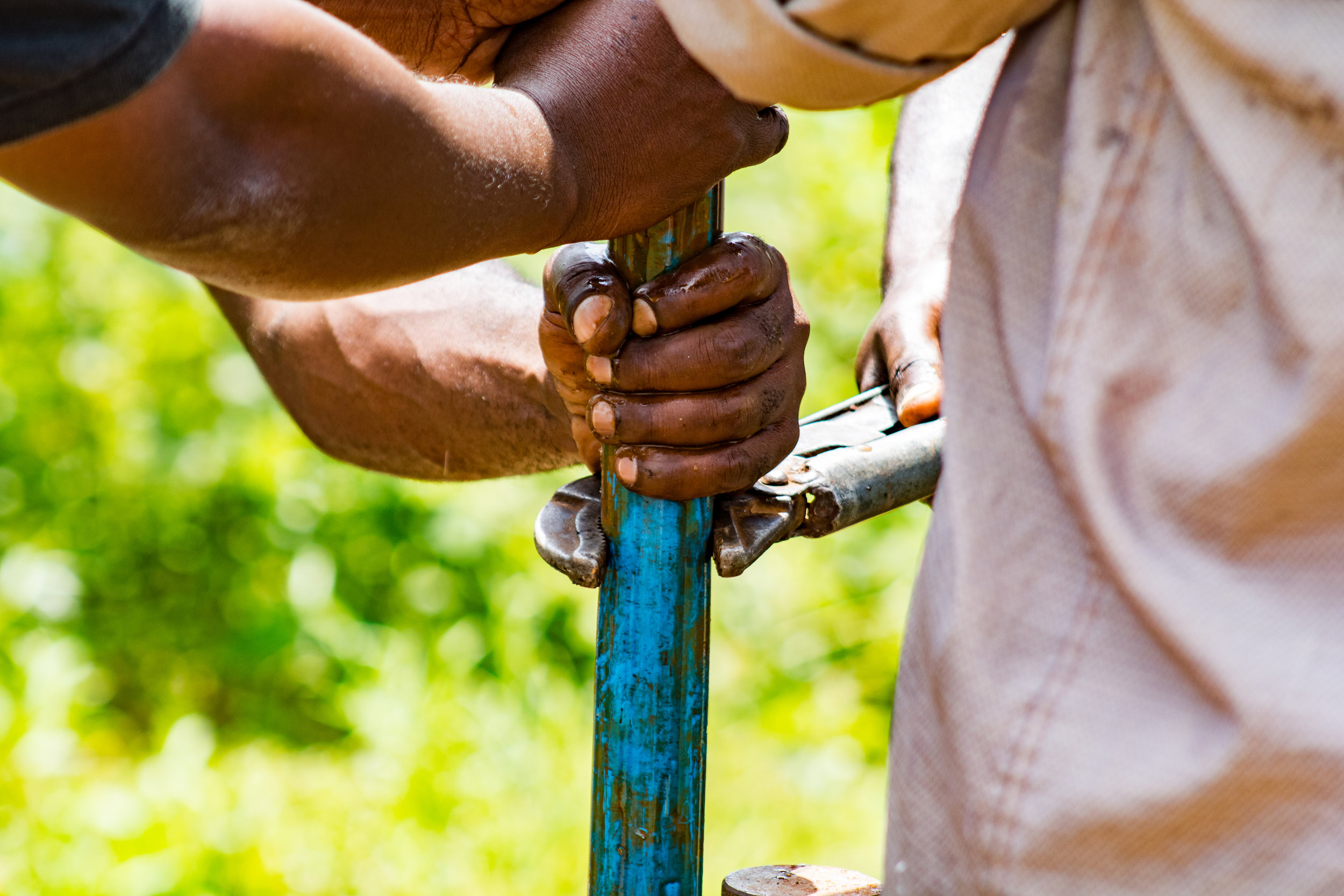
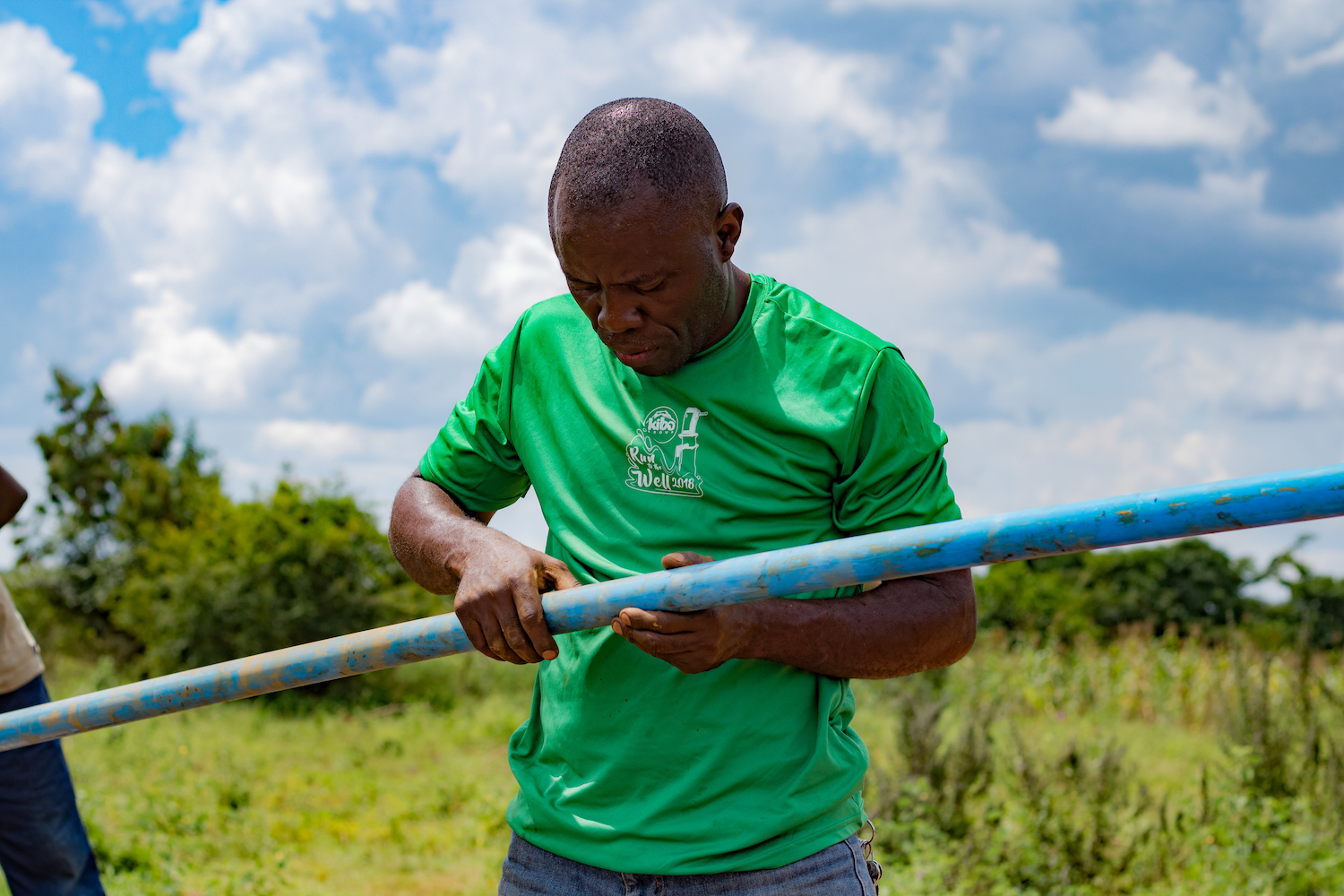
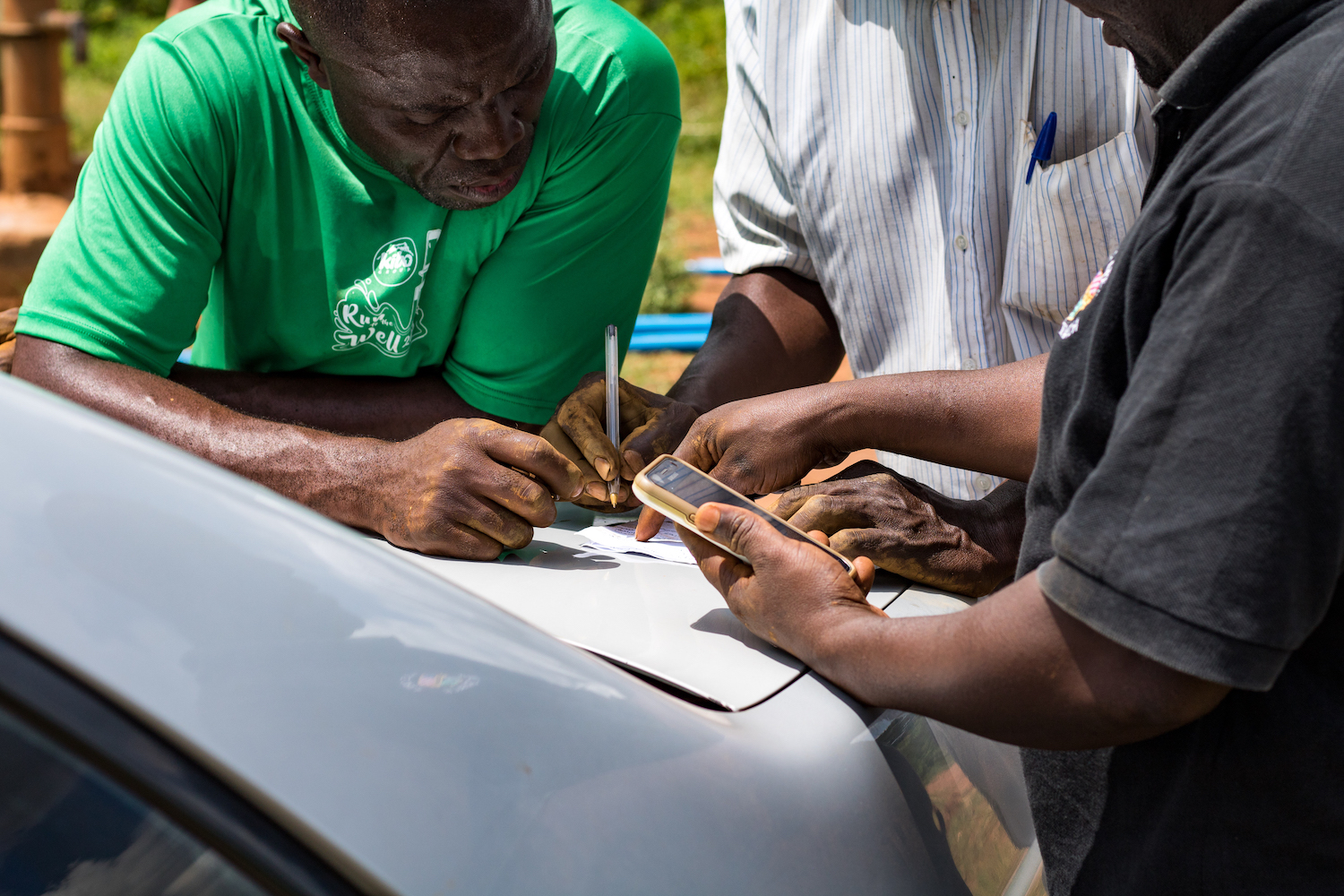
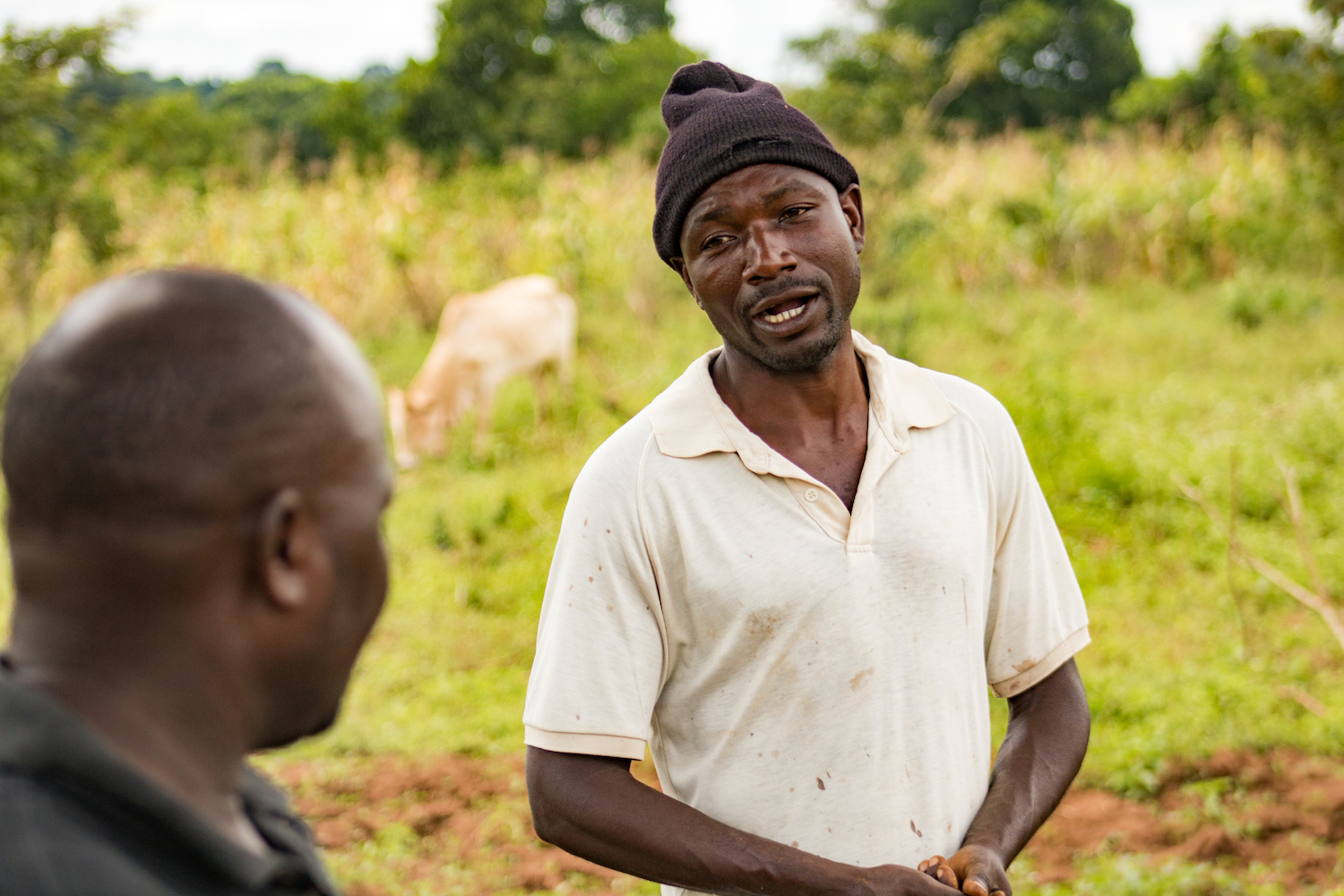
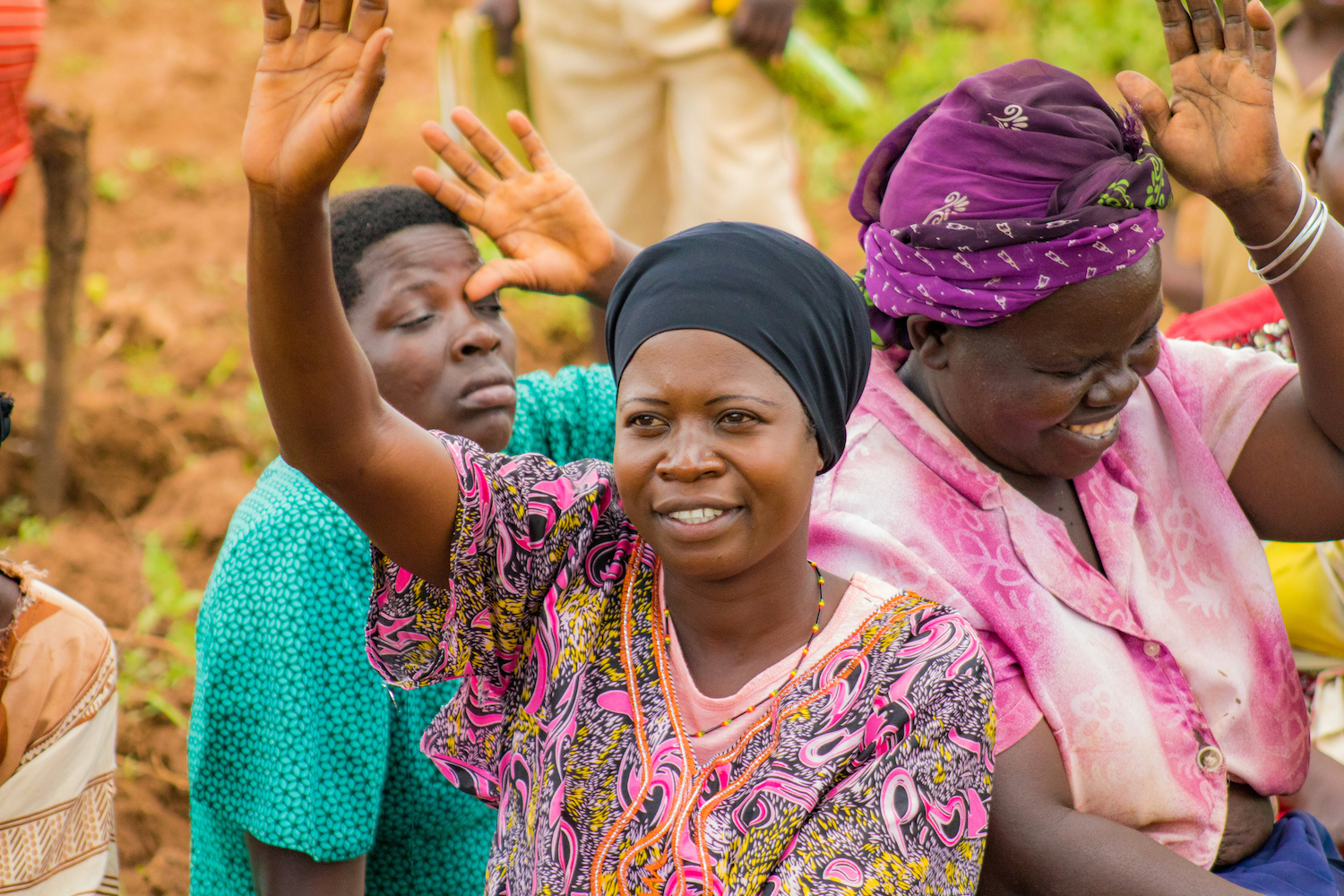
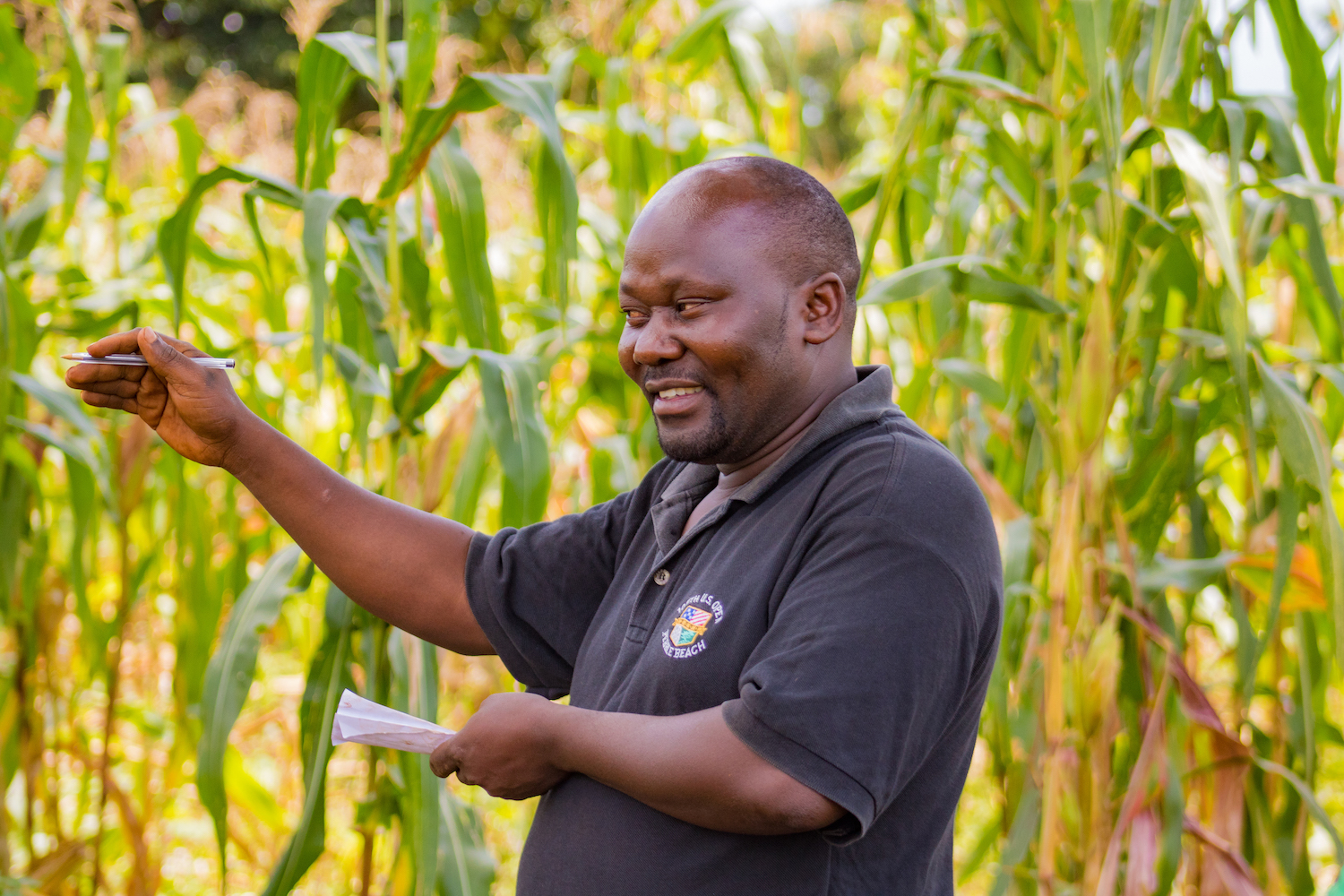
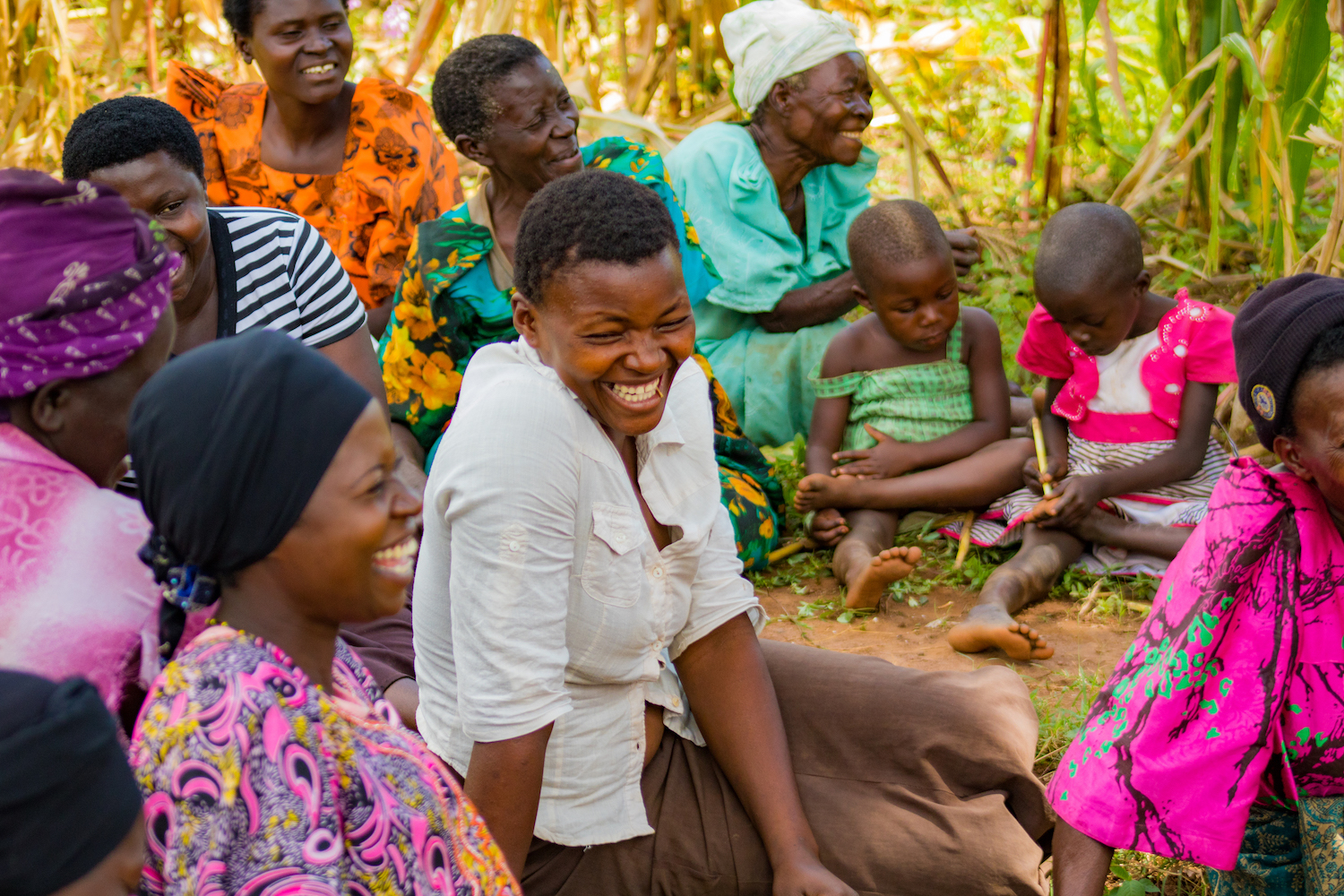
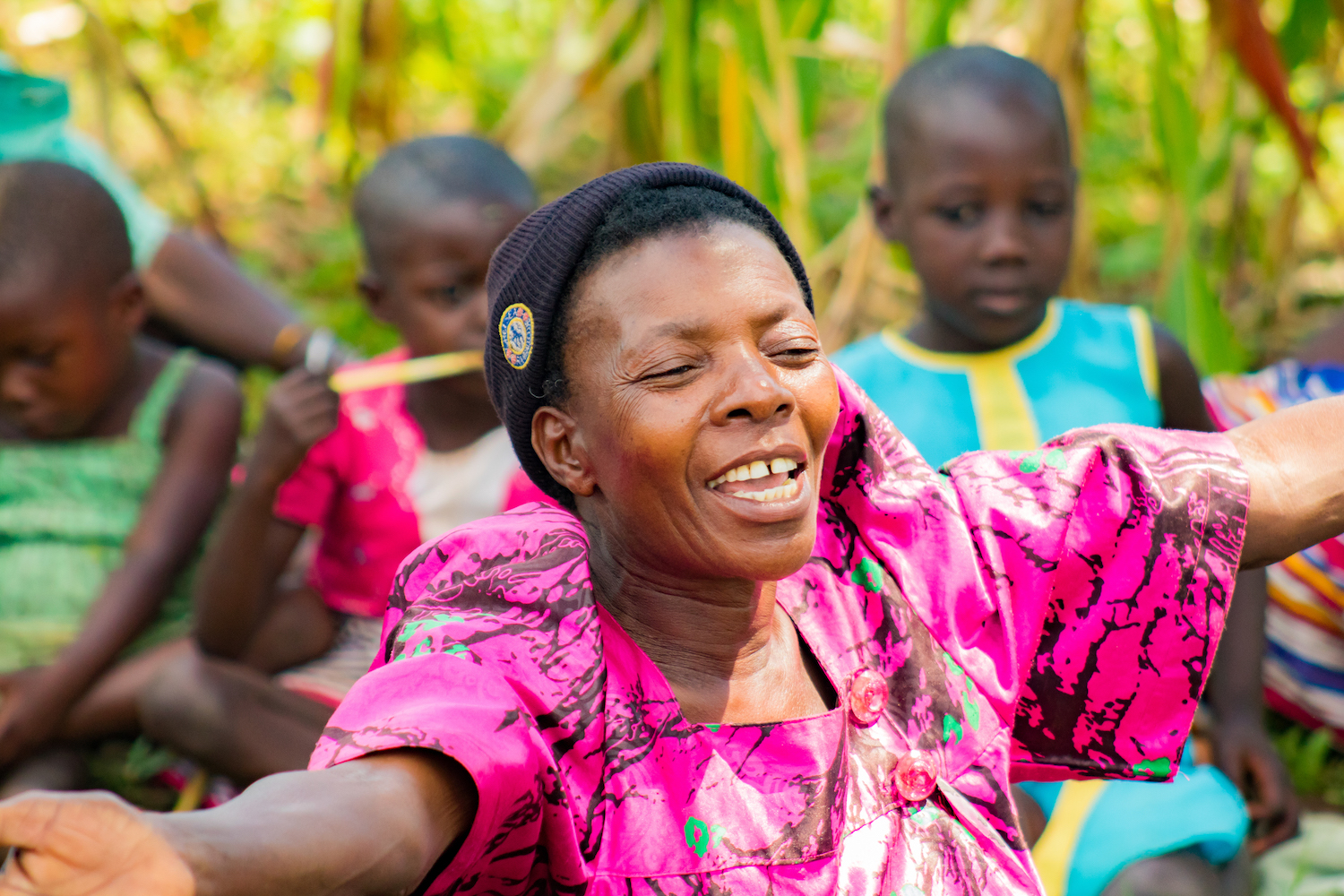
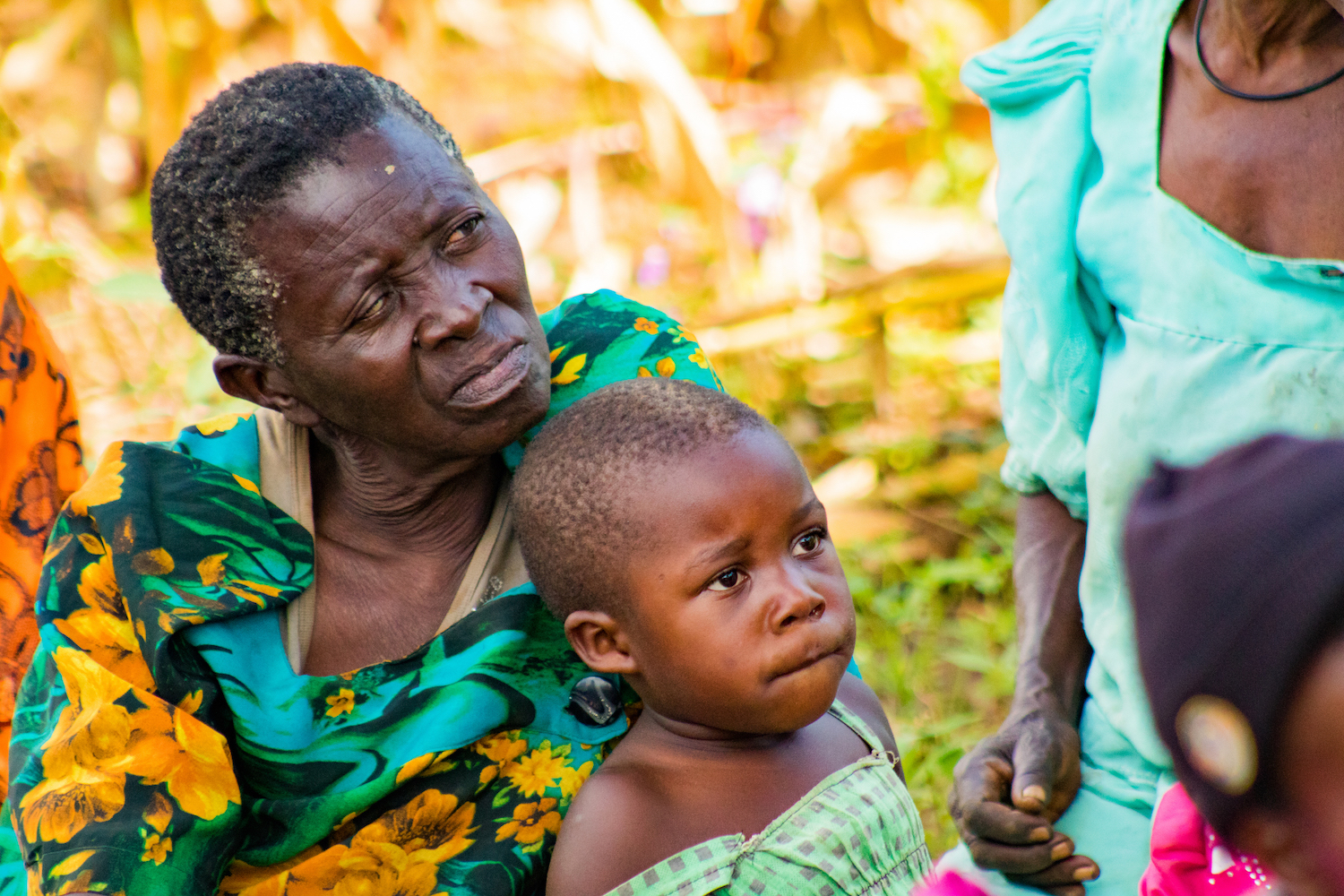
After examining the well, Steven and David led a meeting with the community members under a nearby tree. The group soon opened up, and the meeting took on a cheerful tone. There was clapping, joking and laughing as the community discussed the logistics of repairing the borehole. The community elected a temporary committee to raise funds to cover some of the costs of repairing the well. Kibo suggested that the village pay 500,000 of the total 6.5 million shillings necessary to replace the pipes and additional hardware. That means that each of the 100 households in the community must raise 5,000 shillings, or $1.30.
David and Steven know that it is important for community members to sacrifice something and feel ownership over the well, but they also don’t want to overburden the community by asking for more than it can afford. Five thousand shillings per household was a sufficient challenge for the community and a point of pride for its members. It means that each household has a direct role in repairing the well, improving the health of the community, and helping the village thrive. It means that the community members must rely on one another and trust one another with a project of significance. A better life is not something that happens to them. It is something they achieve together.
